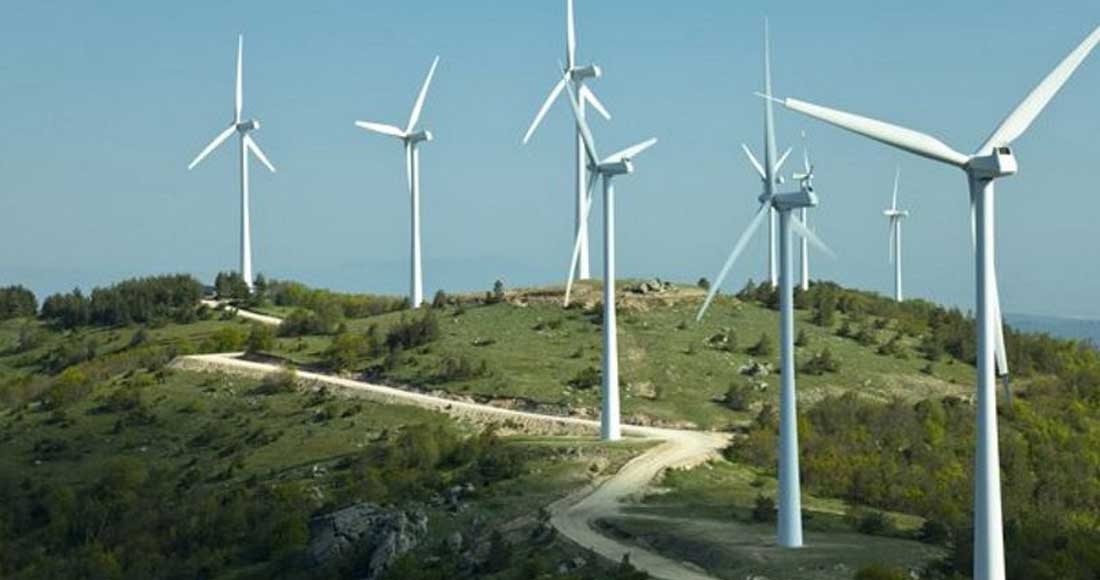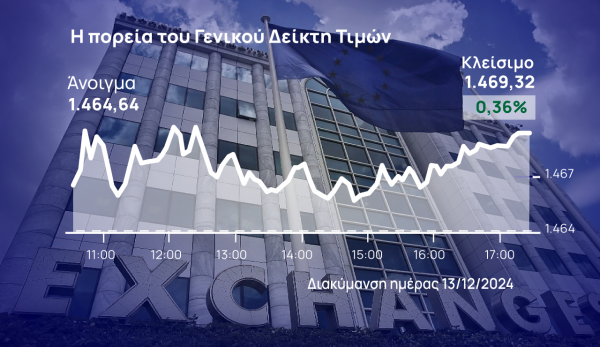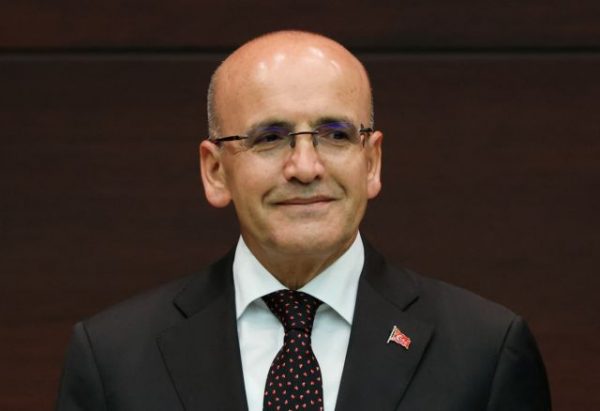
If there were no wind farms, photovoltaics, and other RES operating in Greece, then the average price of electricity in the electricity market last December would be 319.18 euros / MWh, from 235 euros / MWh that was actually the case. That is, green electricity generation “cut” the market price by 83.8 euros / MWh or by 35%.
This emerges from a study by the Aristotle University of Thessaloniki, which emphasizes that this is due to the fact that wind and sun are free and therefore the operation of RES stations leads to the cessation of the more expensive thermal power plants. If there were no RES, these stations would have to operate to meet the demand for electricity, and the final cost would be much higher for consumers.
As mentioned in a bulletin sent by the Hellenic Scientific Association of Wind Energy, the financial benefit offered by RES is not limited to this significant reduction of the price in the energy market by 83.8 euros / MWh: The total cost of production from wind farms paid by the consumer is much lower than the cost paid due to the rise of the price of fossil fuels. This creates a significant economic surplus thanks to the difference between the low and fixed fee of wind farms in Greece and the high – due to dependence on fossil fuels – market price (although this is already reduced due to wind farms again).
Especially the new wind farms produce electricity 3-4 times cheaper than natural gas and 2-3 times cheaper than lignite.
Thus, wind farms benefit the consumer in two ways:
by reducing the total market price of energy (by 35% in December) resulting in the consumer paying less overall money for electricity,
by subsidizing electricity bills: The difference created by cheap energy production from wind farms is an economic surplus that allows the government to transfer resources to the Energy Transition Fund and then to consumer accounts.
Why RES reduce the price in the electricity market
In the press release of the Hellenic Scientific Association of Wind Energy, it is underlined that this happens because the variable cost of RES (ie the additional cost required to produce another unit of energy eg a megawatt hour) is zero, since wind and sun are free and RES stations do not need to burn expensive fuel such as lignite or gas. In this way, the total cost that the consumer has to pay for green electricity is constant and known from the beginning for all the decades that the RES stations will operate, because it depends only on the construction cost of each investment that has already been paid for at the beginning.
On the contrary, the total production cost from the thermal power plants depends on the initial amount of the investment but also on the international fluctuations of the prices of the fossil fuels they use. Thus, for every hour in the electricity market managed by the Energy Exchange, RES stations are preferred displacing the more expensive conventional units, with the result that the market price, which reflects the most expensive supply for energy production, decreases.
Latest News

Rhodes Airport Tops Fraport Greece’s Regional Airports in 2024 Performance
According to Fraport's data, more than 35 million passengers (specifically 35.2 million) were handled by Fraport-managed airports during the 11 months.

European Central Bank Cuts Interest Rates by 25 Basis Points
It is the fourth cut of interest rates by Europe’s central bank, a move expected by the markets and financial analysts leading to the rate settling at 3%.

Airbnb: New Measures Add €600 in Extra Costs for Property Owners
Property managers face an immediate administrative fine of 5,000 euros if access to the inspected property is denied or any of the specified requirements are not met.

Economist: Greece Included in the Best Performing Economies in 2024
Meanwhile, Northern European countries disappoint, with sluggish performances from the United Kingdom and Germany.

EasyJet Expands Its Routes from Athens
The airline’s two new routes will be to London Luton and Alicante and they will commence in summer 2025.

Capital Link Forum Highlights Greece’s Economic Resurgence; Honors BoG Gov Stournaras
Capital Link Hellenic Leadership Award recipient, Bank of Greece Gov. Yannis Stournaras, an ex-FinMin, was lauded for his pivotal role during Greece’s economic recovery

Tourist Spending in Greece Up by 14%, Visa Card Analysis Shows
Greece’s capital Athens emerged as the most popular destination, recording a 17% increase in transactions with Visa cards, surpassing even the cosmopolitan island of Mykonos.

Inflation in Greece Unchanged at 2.4% in Nov. 2024
The general consumer price index (CPI) posted a 0.4% decrease in November compared to the previous month

2024 Christmas Holidays: Extended Shop Hours Schedule
The 2024 Christmas Holidays extended shop hours schedule commences on Thursday, December 12 and runs until the end of the year.

ELSTAT: Seasonally Adjusted Unemployment Down in October
The number of employed individuals reached 4,284,694, an increase of 67,723 compared to October 2023 (+1.6%) and 22,002 compared to September 2024 (+0.5%).

![Φυσικό αέριο: Δυναμικό come back του LNG στην Ελλάδα [γραφήματα]](https://www.ot.gr/wp-content/uploads/2023/01/OT_naturalgas-90x90.jpeg)












![Fraport: Πάνω από 35 εκατ. επιβάτες στα αεροδρόμια το 11μηνο – Πτώση στη Μύκονο [πίνακας]](https://www.ot.gr/wp-content/uploads/2022/06/fraport-90x90.jpg)


















![Φυσικό αέριο: Δυναμικό come back του LNG στην Ελλάδα [γραφήματα]](https://www.ot.gr/wp-content/uploads/2023/01/OT_naturalgas-600x474.jpeg)








 Αριθμός Πιστοποίησης Μ.Η.Τ.232433
Αριθμός Πιστοποίησης Μ.Η.Τ.232433